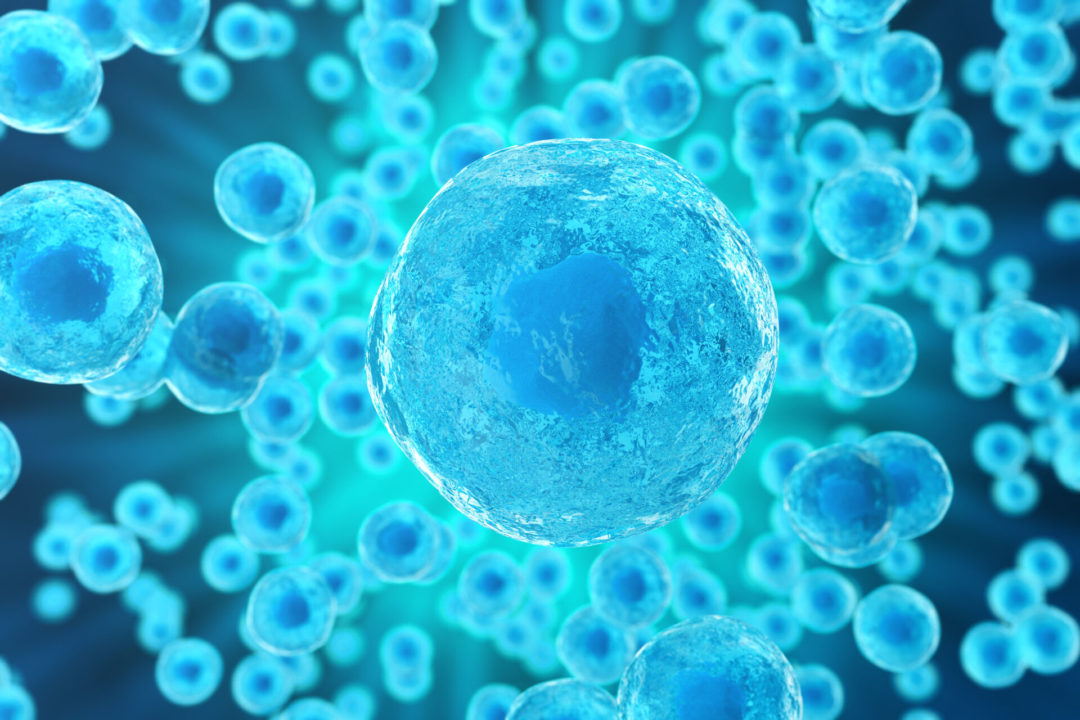The study,published in Nutrients,was led by Baylor College of Medicine’s Dr. Rajagopal Sekhar, Associate Professor of Medicine in the section of Endocrinology, Diabetes, and Metabolism.
For the past 20 years, Dr. Sekhar has studied natural aging in humans and in mice. His work has helped show that glutathione deficiency, increased oxidative stress, and mitochondrial dysfunction contribute to the aging process, and how they can be reversed with GlyNAC supplementation.
“Just like a car is subject to wear and tear over many years of use, limiting how long it works well, the natural aging process can progressively deteriorate the body and limit lifespan,” said Dr. Sekhar in a press release. “Energy is the currency of life and is generated by mitochondria. However, aging is associated with mitochondrial malfunction, and this could affect energy availability. When we discovered thatGlyNAC supplementation can correct mitochondrial defects in aging, we asked an important question: Could GlyNAC supplementation from a younger age extend length of life? To answer this question, we worked with healthy, normal laboratory mice.”
At the age of 65 weeks, mice typically begin to show a drop in glutathione levels, and develop mitochondrial dysfunction and oxidative stress. At this age, Dr. Sekhar’s team began including GlyNAC in the diets of half the mice, while the other half continued on without it. Besides the GlyNAC, the diets for both groups were the same. The findings? The mice that received GlyNAC lived 24% longer than those that did not receive GlyNAC.
Related: The Importance of Cellular Health Maintenance—and the Science Backing Interventions Researchers Find Increased Oxidative Stress in COVID Patients Study Shows Spinach Ingredient May Have Healthy Aging Applications
The next question: How does GlyNAC work?The team conducted a second study in aged mice, in which they found that the animals’ hearts, livers, and kidneys all showed glutathione deficiency, oxidative stress, mitochondrial dysfunction, difficulty in disposing of damaged mitochondria, impaired nutrient sensing, and genomic damage. GlyNAC supplementation improved and corrected these defects. The researchers propose that improving these biological defects contributed to the longer lifespans of the mice.
Pilot human studies from Dr. Sekhar’s group have shown similar results.
“There is growing interest in being able to improve both healthy aging and longer life, but this is not an easy task,” said Dr. Sekhar. “We have investigated aging in mice and in human studies for two decades, and our studies show that GlyNAC supplementation successfully and consistently improves many age-related defects. It is exciting that something as simple as GlyNAC can improve several important defects in aging and also extend life.”









